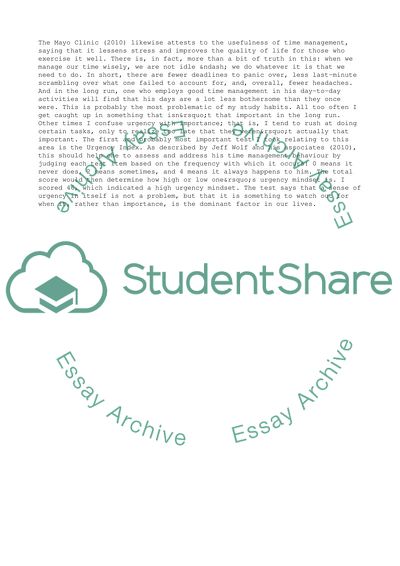Cite this document
(Time Management by Steve Pavlina and Its Usefulness Essay, n.d.)
Time Management by Steve Pavlina and Its Usefulness Essay. Retrieved from https://studentshare.org/management/1736352-persona-academic-and-career-effectiveness
Time Management by Steve Pavlina and Its Usefulness Essay. Retrieved from https://studentshare.org/management/1736352-persona-academic-and-career-effectiveness
(Time Management by Steve Pavlina and Its Usefulness Essay)
Time Management by Steve Pavlina and Its Usefulness Essay. https://studentshare.org/management/1736352-persona-academic-and-career-effectiveness.
Time Management by Steve Pavlina and Its Usefulness Essay. https://studentshare.org/management/1736352-persona-academic-and-career-effectiveness.
“Time Management by Steve Pavlina and Its Usefulness Essay”, n.d. https://studentshare.org/management/1736352-persona-academic-and-career-effectiveness.


